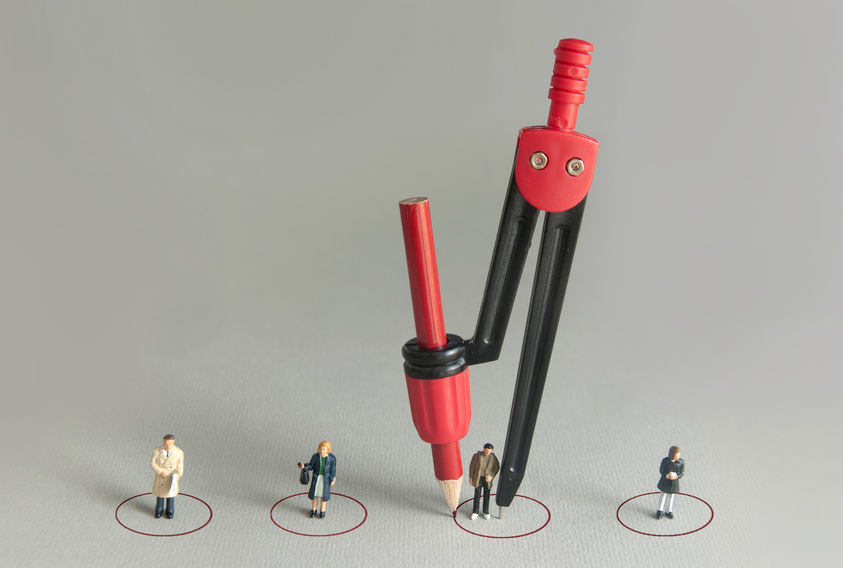Boundaries are essential if you want to have healthy relationships. They give us a sense of agency over ourselves, and they’re also a sign of self-respect. Remember establishing boundaries to protect yourself from negativity doesn’t mean you’re a bad person. It just means that you’re practicing true self care by valuing your own emotional and mental well-being.
Creating healthy boundaries can come naturally to many people, whereas it can be a struggle for others.

Make Self-Care A Priority
Self-care means giving yourself permission to listen to how you feel. This is important as your feelings provide cues about what makes you happy or unhappy. It may feel strange or even wrong somehow when you start putting yourself and your needs first, especially if you’re used to prioritizing how other people feel. But once you start recognizing the importance of your feelings and honoring them, it will improve your relationships and your overall well-being.
Identify Your Limitations
You cannot begin creating personal boundaries unless you know what they are or where you stand. So, you need to gain access to your inner self in order to understand what makes you feel stressed or uncomfortable, so you recognize what you can and cannot tolerate. The more familiar and comfortable you become with your own emotions and feelings, the more you will know yourself, the better you’ll be able to build solid boundaries that matter.
Learn How to Say No
One of the biggest challenges for people struggling with creating boundaries is learning how to say no to people. The reason many people find it extremely difficult is that they’re worried or scared of how the act of saying no will make other people feel or how they will react. However, you need to start thinking about how you feel. And remember that no is a complete sentence, so there’s never any need to add a “but” before providing an explanation or offering any more information.
Seek Support
When you’re trying to set up your personal boundaries, remember that you never don’t have to do it all alone. You can always talk about these things with your close friends and family, or a mental health professional. There’s never any shame in seeking professional help, especially if you’re having difficulties with creating good boundaries or asserting yourself with people who continuously cross them.
In the End
Remember that the only people who will have a problem with you having healthy boundaries are the ones whom you are creating the limitations for in the first place. Which is all about their issues, not yours. Even though creating your own personal boundaries can be a challenge, they are essential for our health and overall well-being. Healthy boundaries will actually strengthen your relationships with people who have the ability to have healthy boundaries in the first place.
